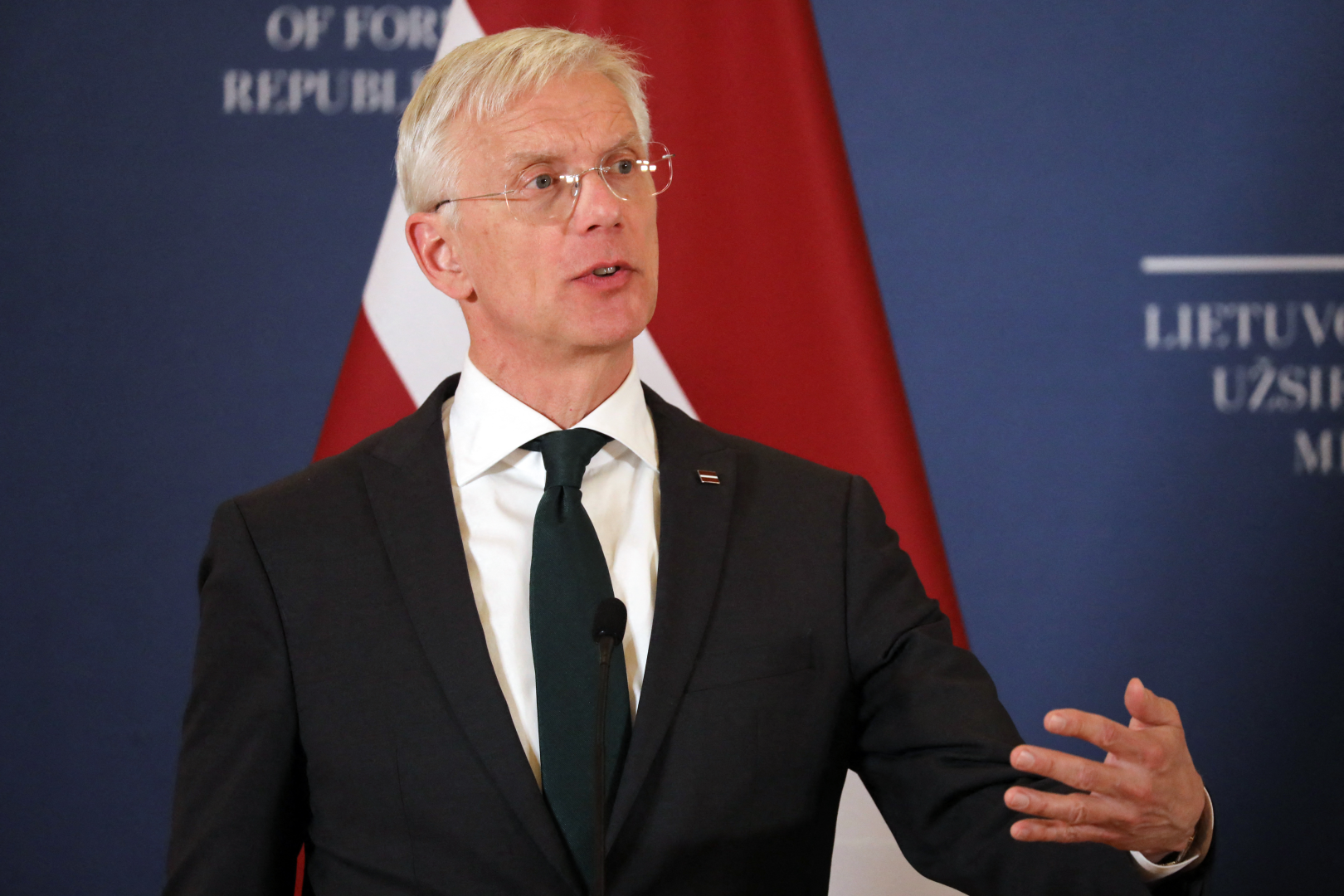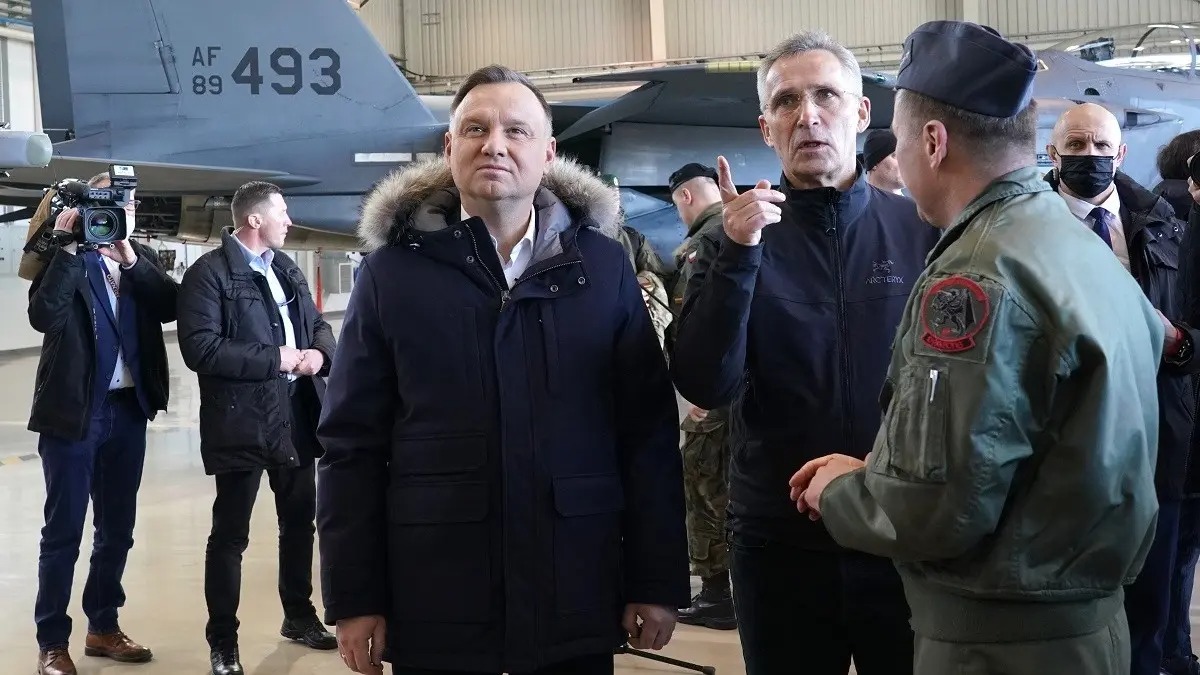Latvia’s Foreign Minister, Krisjanis Karins, has proposed that the British Army implement conscription to deter Vladimir Putin’s aggression in Europe.
According to Karins, adopting a “total defense” model, which involves swiftly conscripting citizens to join the front lines in case of conflict, could bolster the defense against Russian threats.
Karins’ suggestion follows remarks made by General Sir Patrick Sanders, the head of the British Army, who emphasized the need for a citizen army to confront potential future conflicts with Russia.

NATO Ally (Credits: The Irish Sun)
“We would strongly recommend conscription,” Mr. Karins expressed to The Sunday Telegraph, outlining the development of a comprehensive defense strategy that engages all sectors of society. He stressed the importance of increasing defense spending among NATO allies, including Britain, to enhance security measures.
The Latvian minister asserted that it was “inevitable” for Britain to elevate its defense spending to 3% of gross domestic product (GDP), a metric indicating the size of the economy.
While Defence Secretary Grant Shapps has advocated for this increase, Chancellor Rishi Sunak has indicated a preference to raise defense spending to 2.5% of GDP once economic conditions permit.

NATO Ally (Credits: Al Arabiya)
Shapps has cautioned that Britain is transitioning from a “post-war to pre-war world,” signaling the necessity for heightened preparedness.
However, despite these warnings, there are no plans to augment the army’s size, which currently stands at approximately 74,000 full-time troops, down from 102,000 in 2006.
Earlier in January, Armed Forces Minister James Heappey dismissed discussions of introducing conscription in the UK if NATO were to engage in conflict with Russia, labeling such notions as “nonsense.”
Downing Street has rebuffed suggestions of considering conscription, affirming the nation’s commitment to maintaining a voluntary military force, which has been the norm for most of its 364-year history.
While conscription has been a historical practice for the British Army during significant conflicts, the proposal to reintroduce it underscores growing concerns over potential security threats and the need for comprehensive defense strategies in the face of evolving geopolitical tensions.























